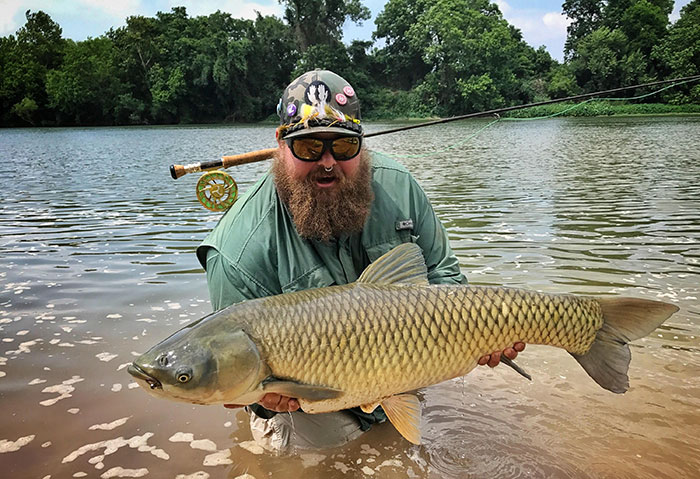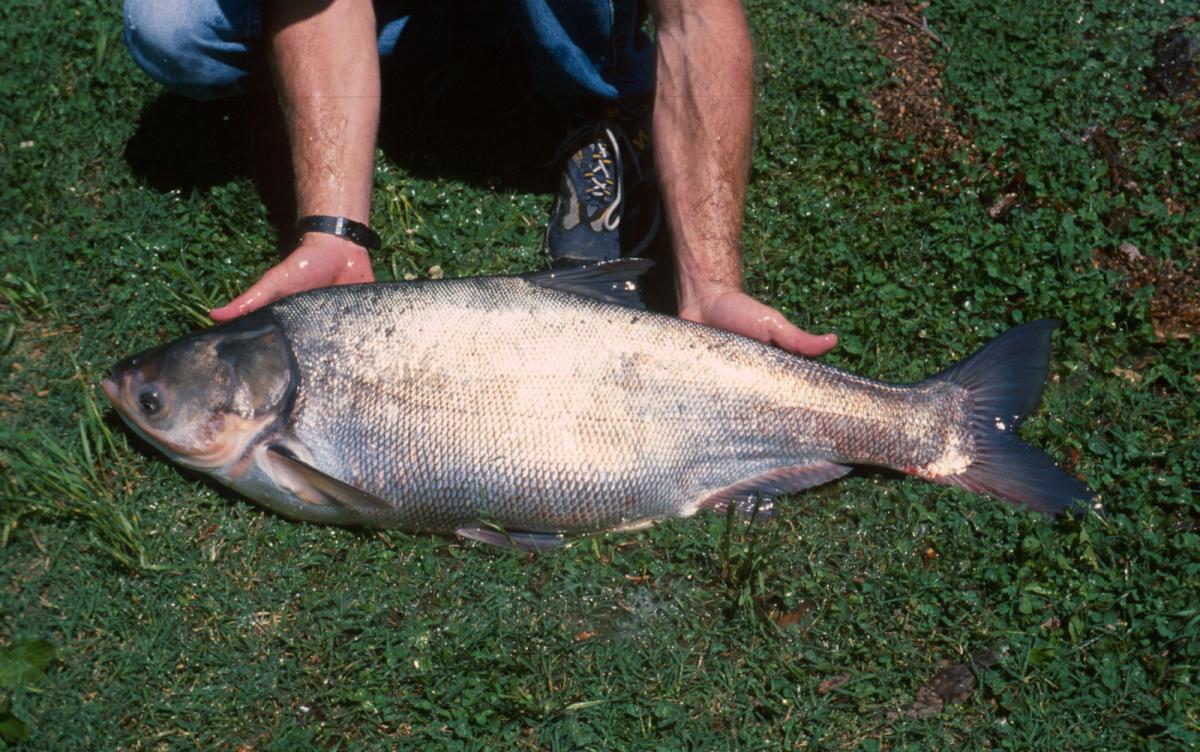
Fishing is the practice of catching wild fish for food, recreation, trade, or their products. Methods used include hooking, trapping, and gathering. By extension, the term fishing is applied to catching such other aquatic animals as shellfish, squid, octopus, turtles, frogs, and some edible marine invertebrates. The term is usually not applied to the catching of such aquatic mammals as whales, for which the term "whaling" is more appropriate. Fishing is an ancient and worldwide practice with various techniques and traditions. Modern fishing practices range from commercial ships harvesting food fish on a large scale to individuals catching a few fish for a family dinner, and from recreational trout stream fishing to professional deep-sea sport fishing.
Recreational fishing is much more than a game. It is a unique activity that can enhance a personal sense of balance, strengthen intergenerational family relationships, deepen appreciation of the complex order and harmony of the natural world, and instill a sense of wonder and humility in the face of it all. Fishing can be filled with excitement, joy, and thrill often in awesome natural environments. Pursuing creatures living unseen beneath the surface of the water induces in many people a particular calming state of focus and awareness that then shifts dramatically in the moment the fish strikes the line.
Perspectives Fishing is a unique activity that can be pursued as a hobby, a way of acquiring food for subsistence, or as a commercial profession. It can include elements of joy, excitement, and hope intermingled with what is often a bloody, dirty, smelly, and physically demanding activity. Because recreational fishing can engage the interest of young and old, male and female, it provides a context for strengthening bonds within families.
No styling here

